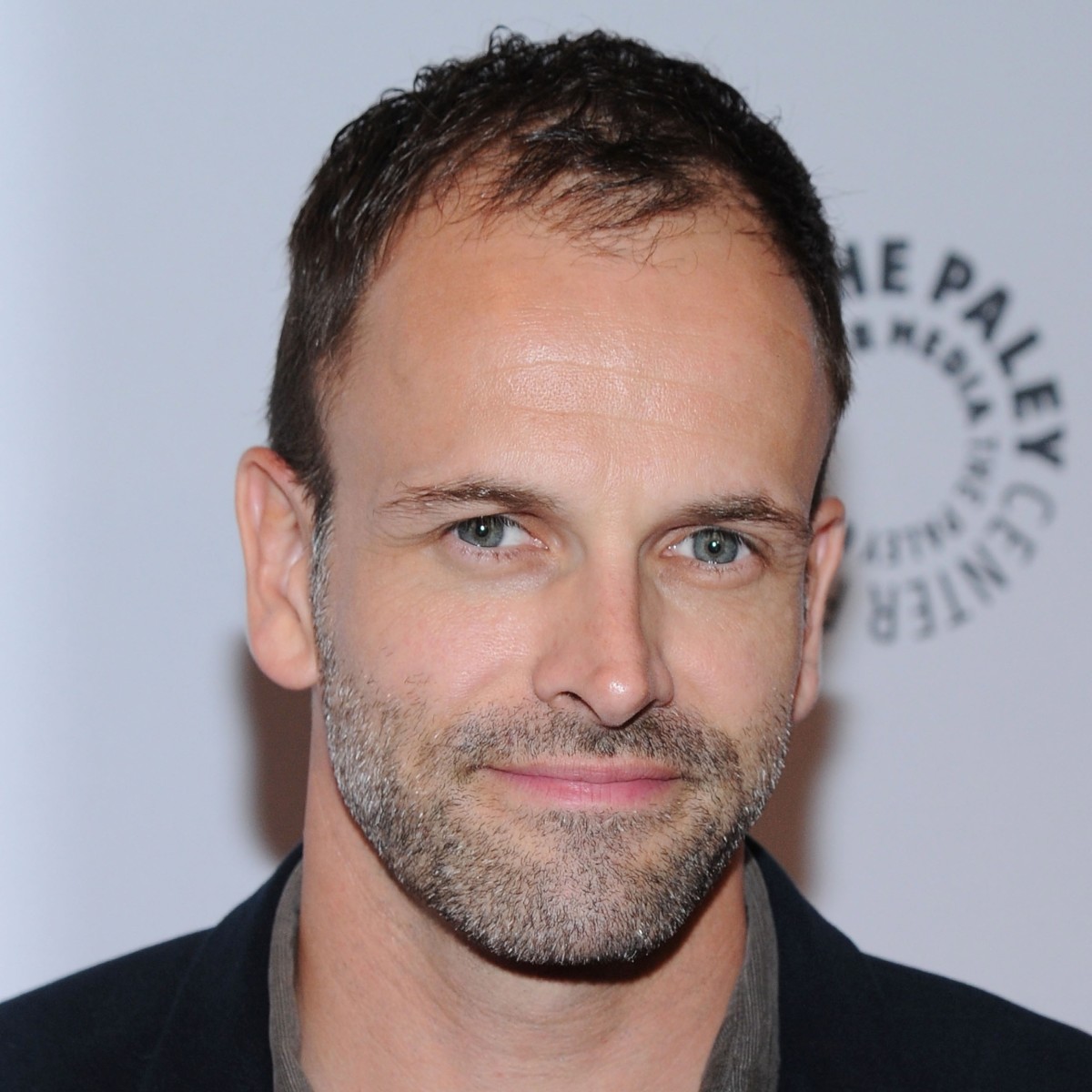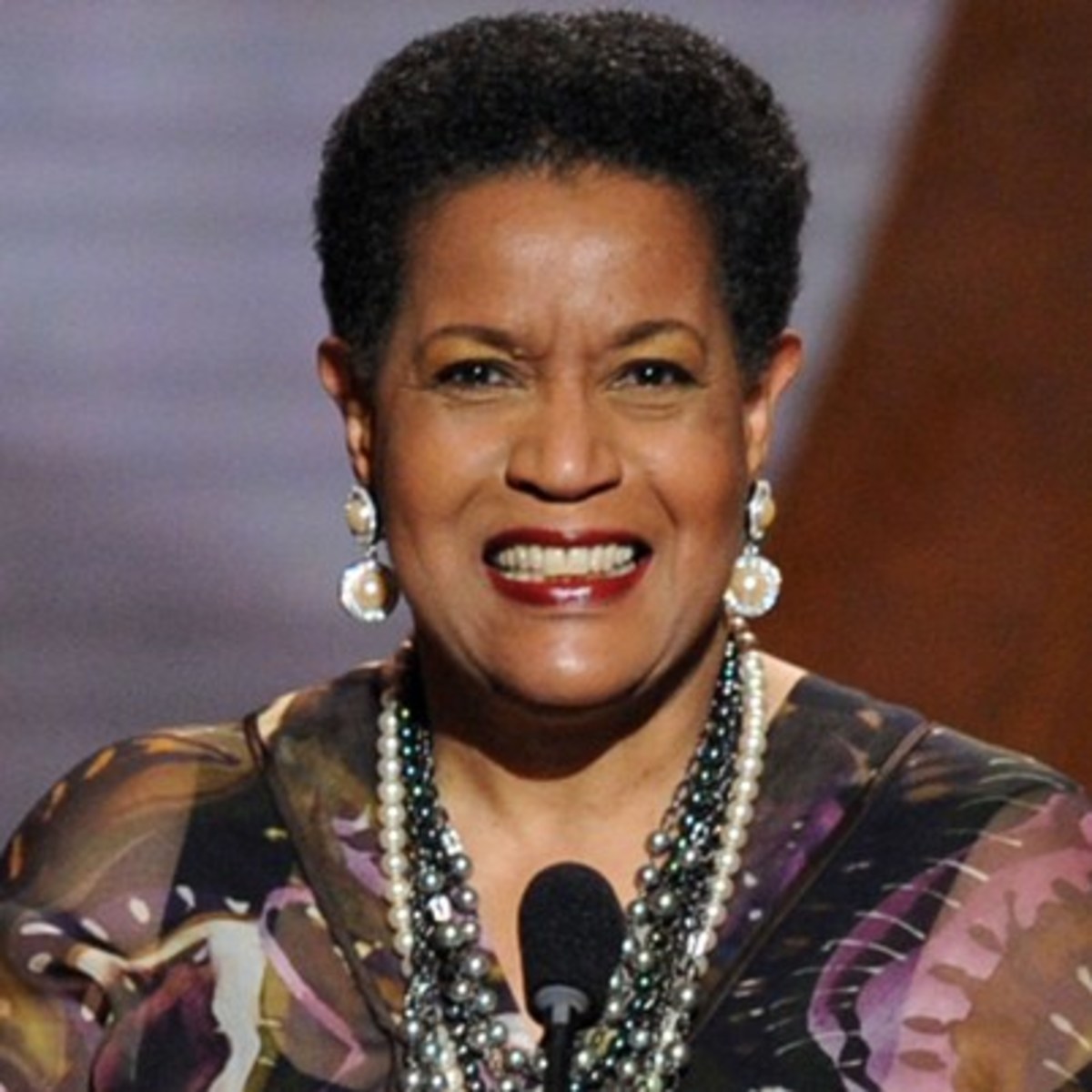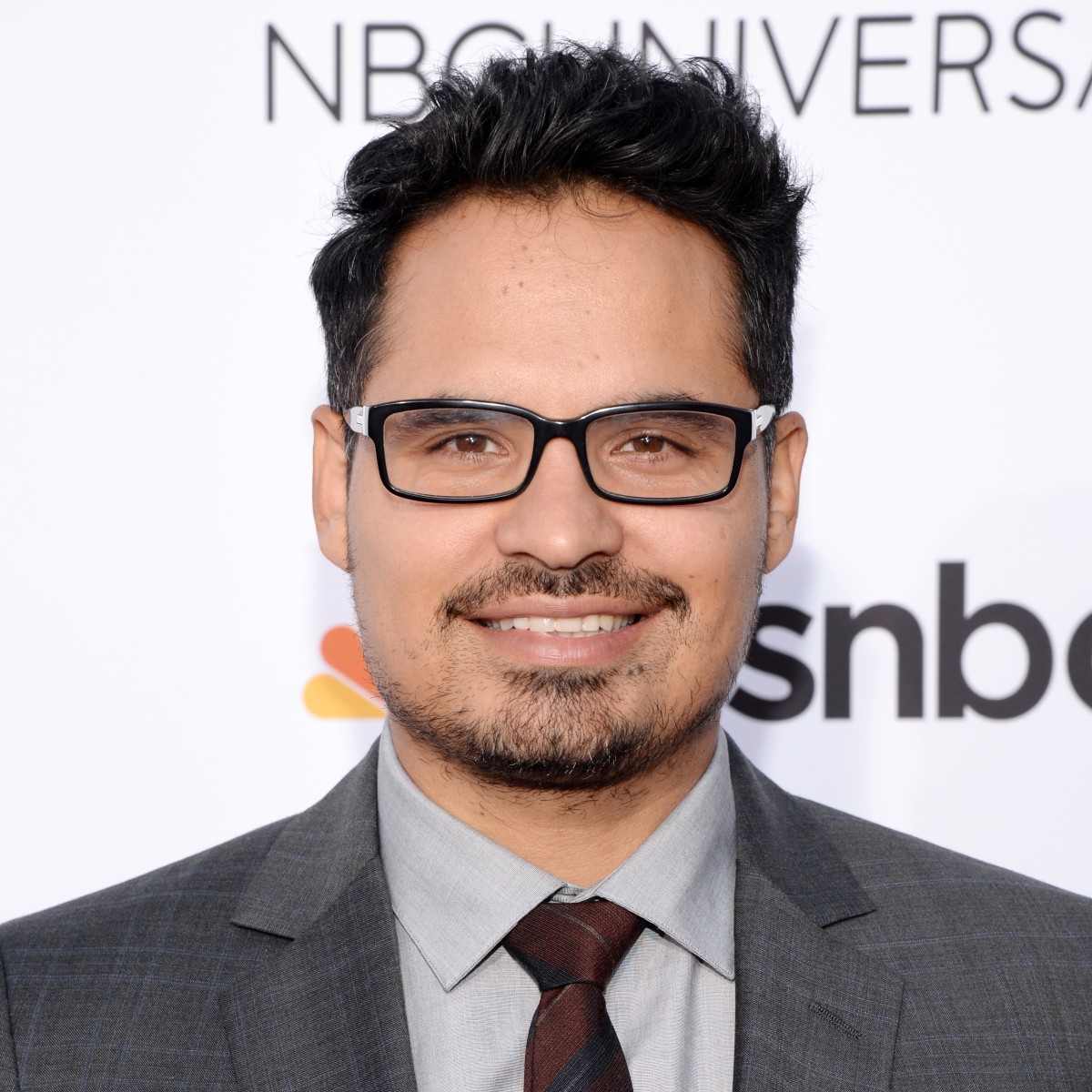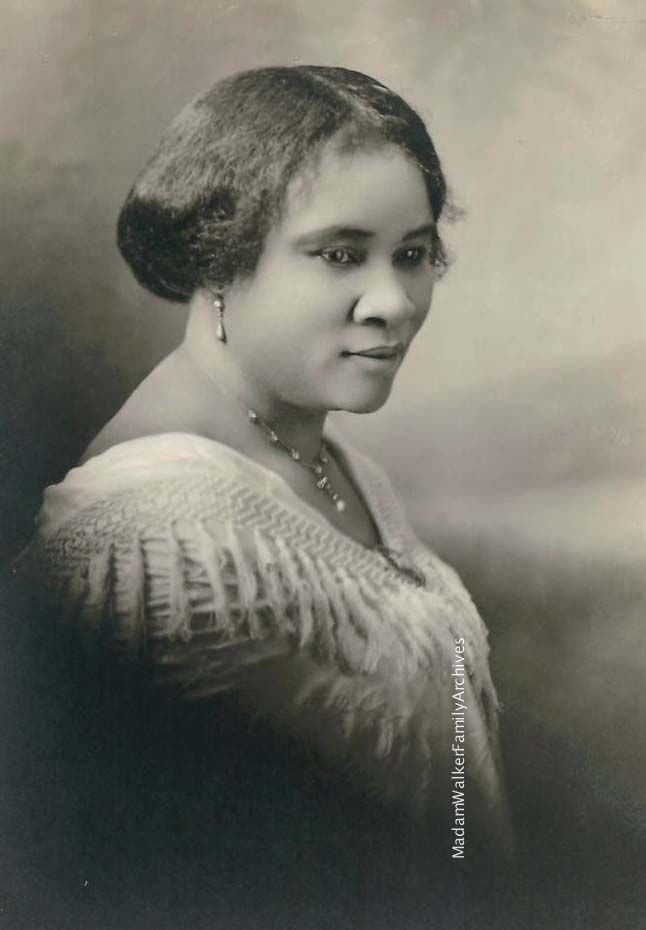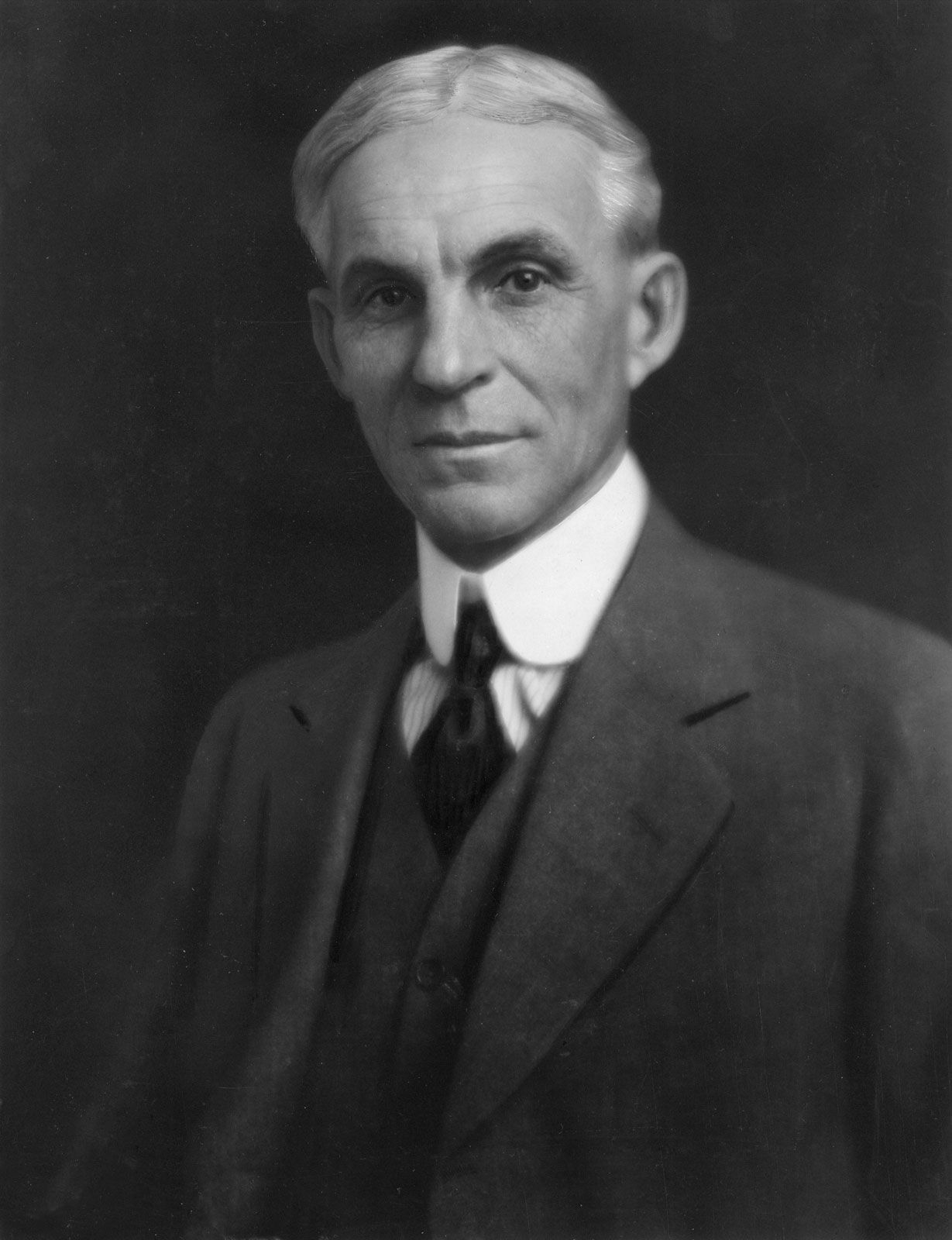Early life and business career
Trump was the fourth of five children of Frederick (Fred) Christ Trump, a successful real estate developer, and Mary MacLeod. Donald’s eldest sister, Maryanne Trump Barry, eventually served as a U.S. district court judge (1983–99) and later as a judge on the U.S. Court of Appeals for the Third Circuit until her retirement in 2011. His elder brother, Frederick, Jr. (Freddy), worked briefly for his father’s business before becoming an airline pilot in the 1960s. Freddy’s alcoholism led to his early death in 1981, at the age of 43.
Beginning in the late 1920s, Fred Trump built hundreds of single-family houses and rowhouses in the Queens and Brooklyn boroughs of New York City, and from the late 1940s he built thousands of apartment units, mostly in Brooklyn, using federal loan guarantees designed to stimulate the construction of affordable housing. During World War II he also built federally backed housing for naval personnel and shipyard workers in Virginia and Pennsylvania. In 1954 Fred was investigated by the Senate Banking Committee for allegedly abusing the loan-guarantee program by deliberately overestimating the costs of his construction projects to secure larger loans from commercial banks, enabling him to keep the difference between the loan amounts and his actual construction costs. In testimony before the Senate committee in 1954, Fred admitted that he had built the Beach Haven apartment complex in Brooklyn for $3.7 million less than the amount of his government-insured loan. Although he was not charged with any crime, he was thereafter unable to obtain federal loan guarantees. A decade later a New York state investigation found that Fred had used his profit on a state-insured construction loan to build a shopping centre that was entirely his own property. He eventually returned $1.2 million to the state but was thereafter unable to obtain state loan guarantees for residential projects in the Coney Island area of Brooklyn.
Donald Trump attended New York Military Academy (1959–64), a private boarding school; Fordham University in the Bronx (1964–66); and the University of Pennsylvania’s Wharton School of Finance and Commerce (1966–68), where he graduated with a bachelor’s degree in economics. In 1968, during the Vietnam War, he secured a diagnosis of bone spurs, which qualified him for a medical exemption from the military draft (he had earlier received four draft deferments for education). Upon his graduation Trump began working full-time for his father’s business, helping to manage its holdings of rental housing, then estimated at between 10,000 and 22,000 units. In 1974 he became president of a conglomeration of Trump-owned corporations and partnerships, which he later named the Trump Organization.
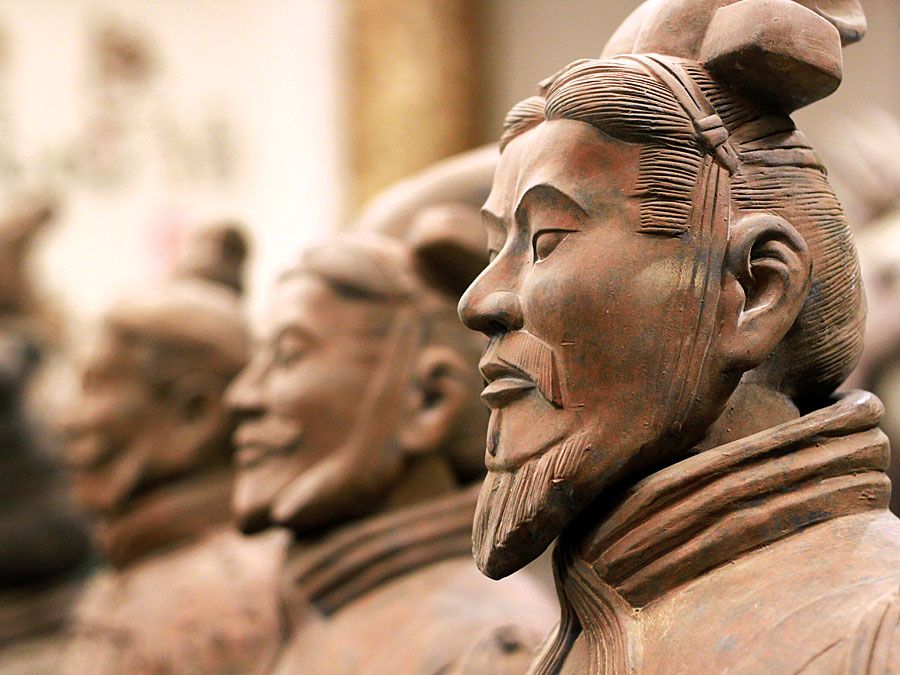
Britannica Quiz
History: Fact or Fiction?
Get hooked on history as this quiz sorts out the past. Find out who really invented movable type, who Winston Churchill called “Mum,” and when the first sonic boom was heard.
During the 1960s and early 1970s, Trump-owned housing developments in New York City, Cincinnati, Ohio, and Norfolk, Virginia, were the target of several complaints of racial discrimination against African Americans and other minority groups. In 1973 Fred and Donald Trump, along with their company, were sued by the U.S. Justice Department for allegedly violating the Fair Housing Act (1968) in the operation of 39 apartment buildings in New York City. The Trumps initially countersued the Justice Department for $100 million, alleging harm to their reputations. The suit was settled two years later under an agreement that did not require the Trumps to admit guilt.
In the late 1970s and the 1980s, Donald Trump greatly expanded his father’s business by investing in luxury hotels and residential properties and by shifting its geographic focus to Manhattan and later to Atlantic City, New Jersey. In doing so, he relied heavily on loans, gifts, and other financial assistance from his father, as well as on his father’s political connections in New York City. In 1976 he purchased the decrepit Commodore Hotel near Grand Central Station under a complex profit-sharing agreement with the city that included a 40-year property tax abatement, the first such tax break granted to a commercial property in New York City. Relying on a construction loan guaranteed by his father and the Hyatt Corporation, which became a partner in the project, Trump refurbished the building and reopened it in 1980 as the 1,400-room Grand Hyatt Hotel. In 1983 he opened Trump Tower, an office, retail, and residential complex constructed in partnership with the Equitable Life Assurance Company. The 58-story building on 56th Street and Fifth Avenue eventually contained Trump’s Manhattan residence and the headquarters of the Trump Organization. Other Manhattan properties developed by Trump during the 1980s included the Trump Plaza residential cooperative (1984), the Trump Parc luxury condominium complex (1986), and the 19-story Plaza Hotel (1988), a historic landmark for which Trump paid more than $400 million.
Get a Britannica Premium subscription and gain access to exclusive content.
Subscribe Now
In the 1980s Trump invested heavily in the casino business in Atlantic City, where his properties eventually included Harrah’s at Trump Plaza (1984, later renamed Trump Plaza), Trump’s Castle Casino Resort (1985), and the Trump Taj Mahal (1990), then the largest casino in the world. During that period Trump also purchased the New Jersey Generals, a team in the short-lived U.S. Football League; Mar-a-Lago, a 118-room mansion in Palm Beach, Florida, built in the 1920s by the cereal heiress Marjorie Merriweather Post; a 282-foot yacht, then the world’s second largest, which he named the Trump Princess; and an East Coast air-shuttle service, which he called Trump Shuttle.
In 1977 Trump married Ivana Zelníčková Winklmayr, a Czech model, with whom he had three children—Donald, Jr., Ivanka, and Eric—before the couple divorced in 1992. Their married life, as well as Trump’s business affairs, were a staple of the tabloid press in New York City during the 1980s. Trump married the American actress Marla Maples after she gave birth to Trump’s fourth child, Tiffany, in 1993. Their marriage ended in divorce in 1999. In 2005 Trump married the Slovene model Melania Knauss, and their son, Barron, was born the following year. Melania Trump became only the second foreign-born first lady of the United States upon Trump’s inauguration as president in 2017.
When the U.S. economy fell into recession in 1990, many of Trump’s businesses suffered, and he soon had trouble making payments on his approximately $5 billion debt, some $900 million of which he had personally guaranteed. Under a restructuring agreement with several banks, Trump was forced to surrender his airline, which was taken over by US Airways in 1992; to sell the Trump Princess; to take out second or third mortgages on nearly all of his properties and to reduce his ownership stakes in them; and to commit himself to living on a personal budget of $450,000 a year. Despite those measures, the Trump Taj Mahal declared bankruptcy in 1991, and two other casinos owned by Trump, as well as his Plaza Hotel in New York City, went bankrupt in 1992. Following those setbacks, most major banks refused to do any further business with him. Estimates of Trump’s net worth during this period ranged from $1.7 billion to minus $900 million.
Trump’s fortunes rebounded with the stronger economy of the later 1990s and with the decision of the Frankfurt-based Deutsche Bank AG to establish a presence in the U.S. commercial real estate market. Deutsche Bank extended hundreds of millions of dollars in credit to Trump in the late 1990s and the 2000s for projects including Trump World Tower (2001) in New York and Trump International Hotel and Tower (2009) in Chicago. In the early 1990s Trump had floated a plan to his creditors to convert his Mar-a-Lago estate into a luxury housing development consisting of several smaller mansions, but local opposition led him instead to turn it into a private club, which was opened in 1995. In 1996 Trump partnered with the NBC television network to purchase the Miss Universe Organization, which produced the Miss Universe, Miss USA, and Miss Teen USA beauty pageants. Trump’s casino businesses continued to struggle, however: in 2004 his company Trump Hotels & Casino Resorts filed for bankruptcy after several of its properties accumulated unmanageable debt, and the same company, renamed Trump Entertainment Resorts, went bankrupt again in 2009.
Beginning in the mid-2000s Trump enjoyed an enormous financial windfall from the success of The Apprentice, a reality television series in which he starred that directly earned him nearly $200 million over a 16-year period. The Emmy-nominated show, in each episode of which Trump “fired” one or more contestants competing for a lucrative one-year contract as a Trump employee, further enhanced his reputation as a shrewd businessman and self-made billionaire. In 2008 the show was revamped as The Celebrity Apprentice, which featured news makers and entertainers as contestants.
Trump marketed his name as a brand in numerous other business ventures including Trump Financial, a mortgage company, and the Trump Entrepreneur Initiative (formerly Trump University), an online education company focusing on real-estate investment and entrepreneurialism. The latter firm, which ceased operating in 2011, was the target of class-action lawsuits by former students and a separate action by the attorney general of New York state, alleging fraud. After initially denying the allegations, Trump settled the lawsuits for $25 million in November 2016. In 2019, more than two years into his presidency, Trump agreed to pay $2 million in damages and to admit guilt to settle another lawsuit by the attorney general of New York that had accused him of illegally using assets from his charity, the Trump Foundation, to fund his 2016 presidential campaign. As part of the settlement, the Trump Foundation was dissolved.
In 2018 The New York Times published a lengthy investigative report that documented how Fred Trump had regularly transferred vast sums of money, ultimately amounting to hundreds of millions of dollars, to his children by means of strategies that involved tax, securities, and real-estate fraud, as well as by legal means. According to the report, Donald was the main beneficiary of the transfers, having received the equivalent (in 2018 dollars) of $413 million by the early 2000s. According to a later report by the Times, based on data from tax returns filed by Trump during an 18-year period starting in 2000, Trump paid no federal taxes in 11 years and only $750 in each of two years, 2016 and 2017. Trump was able to reduce his tax obligations to levels significantly below the average for the wealthiest Americans by claiming massive losses on many of his businesses; by deducting as business expenses costs associated with his residences and his personal aircraft; and by receiving, on the basis of business losses, a tentative refund from the IRS (Internal Revenue Service) of nearly $73 million, which more than covered the federal taxes Trump had paid on income he received from The Apprentice in 2005–08. The refund became the subject of an IRS audit and a legally mandated review by the congressional Joint Committee on Taxation.
Trump was credited as coauthor of a number of books on entrepreneurship and his business career, including Trump: The Art of the Deal (1987), Trump: The Art of the Comeback (1997), Why We Want You to Be Rich (2006), Trump 101: The Way to Success (2006), and Trump Never Give Up: How I Turned My Biggest Challenges into Success (2008).
